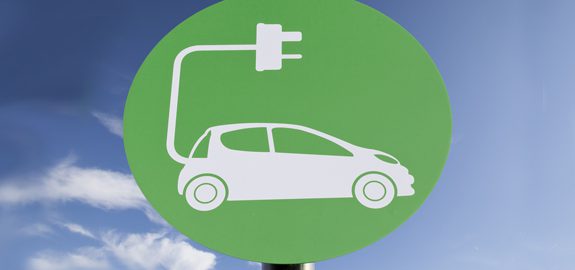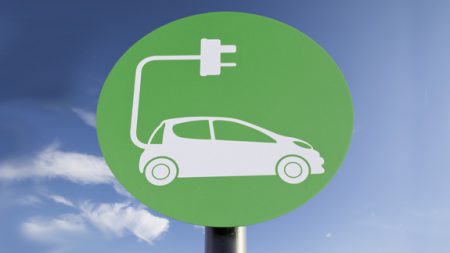The market share of electric vehicles (EVs) must be increased to achieve the fuel economy standards set by regulators.
According to the World Energy Council (WEC), EVs currently represent less than 1% of the combined market share across the world’s largest markets – EU, US and China – for new passenger cars.
Its report states the three regions have set major fuel economy targets, requiring efficiency improvements of around 30% by 2020 – two to three times higher than current levels.
The WEC believes the market share needs to be increased to 16% by the end of the decade to close the emissions gap.
The EV gap, i.e. the number of EV sales required to meet fuel economy targets, in the EU is 1.4 million – 10% of the estimated 2020 projected car sales.
In the US, it is 0.9 million (11%) while in China, it is roughly 5.3 million (22%).
The report adds power demand attributed to new EVs can likely be managed with proper planning by utilities and could be further mitigated at the local level with emerging technologies such as vehicle-to-grid.
It recommends policymakers to examine how proposed fuel requirements can be matched by working with industry through financial and operational incentives to achieve improvements in CO2 emissions.
Christoph Frei, Secretary-General of the World Energy Council, said:
“Over the past decade, we have seen the emergence of climate change and fuel price volatility as headline issues that keeps energy leaders awake at night. As a result, many countries have set ambitious fuel efficiency targets for passenger vehicles.
“The innovative role EVs can play in meeting these standards makes for a pragmatic step in closing the emissions gap by 2020. Looking beyond 2020, EVs and innovation in this area present a major growth opportunity not only for car manufacturers but for the energy sector as a whole.”
Source: Energy Live News

